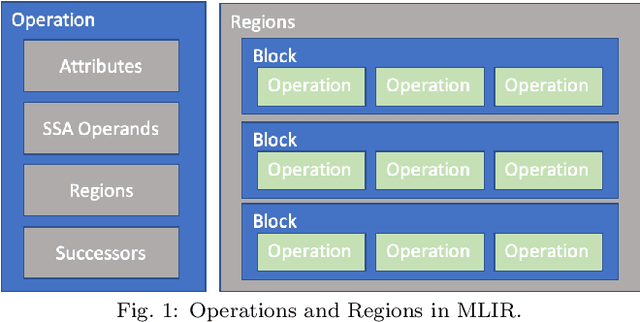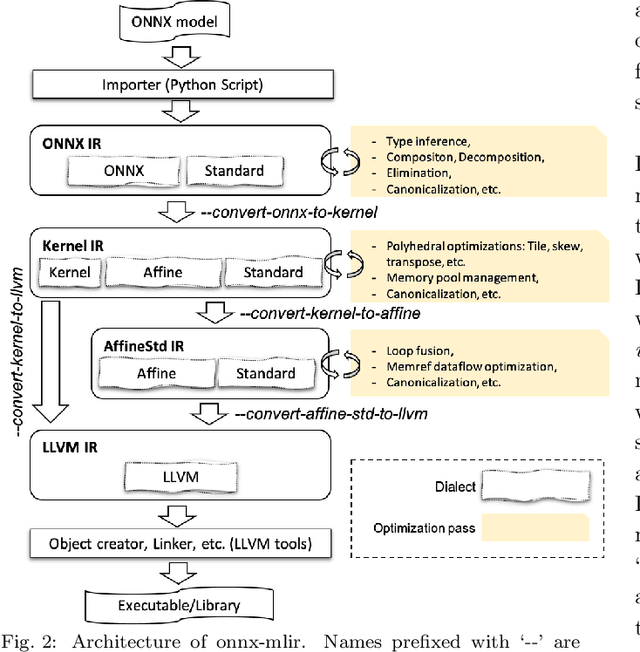Kevin O'Brien
GPT-4 Generated Narratives of Life Events using a Structured Narrative Prompt: A Validation Study
Feb 08, 2024Abstract:Large Language Models (LLMs) play a pivotal role in generating vast arrays of narratives, facilitating a systematic exploration of their effectiveness for communicating life events in narrative form. In this study, we employ a zero-shot structured narrative prompt to generate 24,000 narratives using OpenAI's GPT-4. From this dataset, we manually classify 2,880 narratives and evaluate their validity in conveying birth, death, hiring, and firing events. Remarkably, 87.43% of the narratives sufficiently convey the intention of the structured prompt. To automate the identification of valid and invalid narratives, we train and validate nine Machine Learning models on the classified datasets. Leveraging these models, we extend our analysis to predict the classifications of the remaining 21,120 narratives. All the ML models excelled at classifying valid narratives as valid, but experienced challenges at simultaneously classifying invalid narratives as invalid. Our findings not only advance the study of LLM capabilities, limitations, and validity but also offer practical insights for narrative generation and natural language processing applications.
Compiling ONNX Neural Network Models Using MLIR
Oct 01, 2020


Abstract:Deep neural network models are becoming increasingly popular and have been used in various tasks such as computer vision, speech recognition, and natural language processing. Machine learning models are commonly trained in a resource-rich environment and then deployed in a distinct environment such as high availability machines or edge devices. To assist the portability of models, the open-source community has proposed the Open Neural Network Exchange (ONNX) standard. In this paper, we present a high-level, preliminary report on our onnx-mlir compiler, which generates code for the inference of deep neural network models described in the ONNX format. Onnx-mlir is an open-source compiler implemented using the Multi-Level Intermediate Representation (MLIR) infrastructure recently integrated in the LLVM project. Onnx-mlir relies on the MLIR concept of dialects to implement its functionality. We propose here two new dialects: (1) an ONNX specific dialect that encodes the ONNX standard semantics, and (2) a loop-based dialect to provide for a common lowering point for all ONNX dialect operations. Each intermediate representation facilitates its own characteristic set of graph-level and loop-based optimizations respectively. We illustrate our approach by following several models through the proposed representations and we include some early optimization work and performance results.
 Add to Chrome
Add to Chrome Add to Firefox
Add to Firefox Add to Edge
Add to Edge